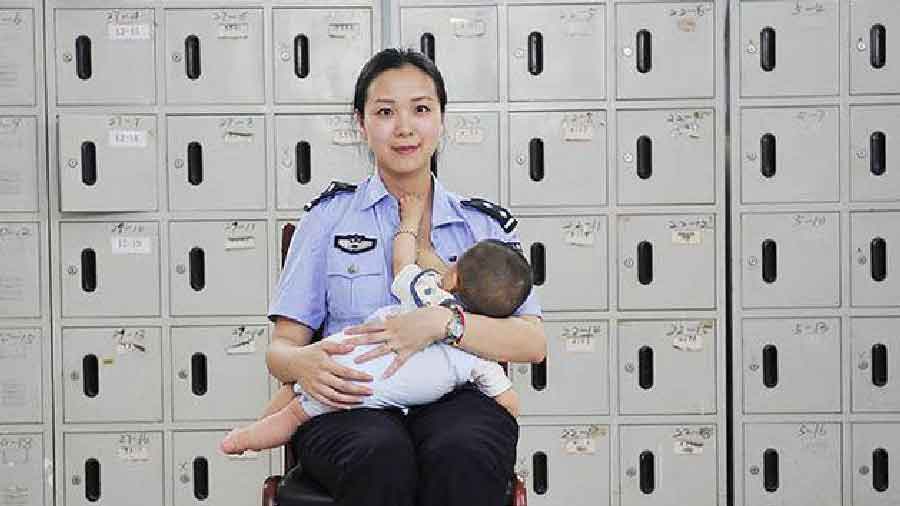When Chan Zhang heard about the US Supreme Court’s decision to overturn Roe v. Wade, she was baffled that Americans were still arguing over abortion rights. “Here, overall, the society does not encourage abortion,” said Zhang, a 37-year-old junior faculty member at a prestigious university on China’s east coast, “but I feel like women have the right in terms of whether they want to get an abortion.”
Abortion, like almost all reproductive issues in China, is heavily centred on Chinese Communist Party authority. The party for decades forced abortions and sterilisations on women as part of its one-child policy. Now, faced with a demographic crisis, it wants women to have more than one baby — and preferably three.
But Beijing is still dictating who can have babies, discriminating against single women like Zhang and minorities through draconian family planning policies. The question now, many women say, is why they would choose to have any babies at all.
With China’s birthrate at a historical low, officials have been doling out tax and housing credits, educational benefits and even cash incentives to encourage women to have more children. Yet the perks are available only to married couples, a prerequisite that is increasingly unappealing to independent women who, in some cases, would prefer to parent alone.
Babies born to single parents in China have long struggled to receive social benefits like medical insurance and education. Women who are single and pregnant are regularly denied access to public health care and insurance that covers maternity leave. They are not legally protected if employers fire them for being pregnant.
Some single women, including Zhang, are simply choosing not to have a child, quietly pushing back against Beijing’s control over women’s bodies. Those who find ways to get around the rules often face consequences from the state.
“Many people think that being a single mom is a process of confrontation with public opinion, but it’s not,” said Sarah Gao, 46, a single parent who lives in Beijing. “It’s actually this system.” Chinese law requires a pregnant woman and her husband to register their marriage to get prenatal care at a public hospital.
When Gao found out that she was pregnant, she had to tell doctors at one hospital that her husband was overseas to be admitted. Her daughter was born in November 2016. Eight months later, Gao was fired from her job, prompting her to file a lawsuit accusing the company of workplace discrimination. The company won because Gao does not qualify for legal benefits and protections as an unmarried mother. The court said her unmarried birth “did not conform to China’s national policy”.
She is appealing for the third time. China’s national family planning policy does not explicitly state that an unmarried woman cannot have children, but it defines a mother as a married woman and favours married mothers.
New York Times News Service











